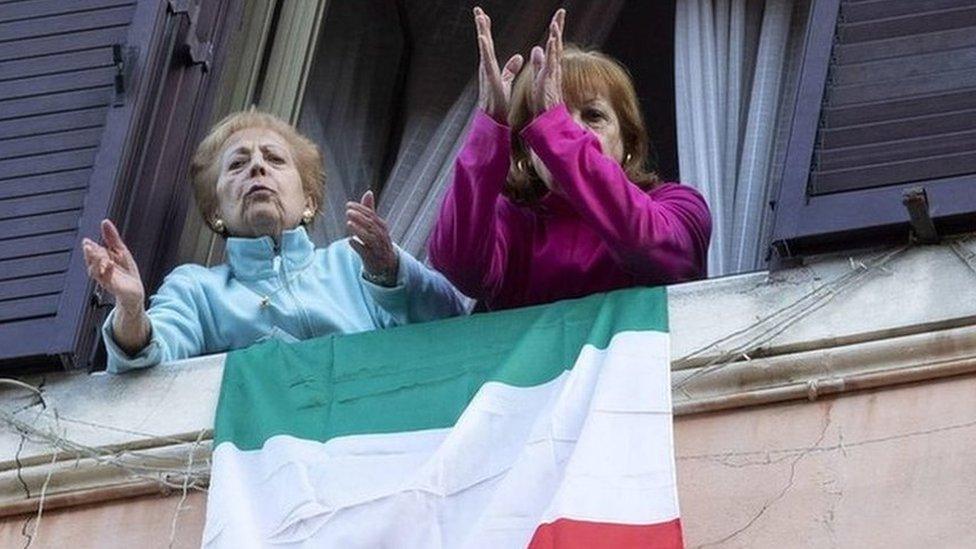Coronavirus: Rishi Sunak to unveil financial aid for self-employed
- Published
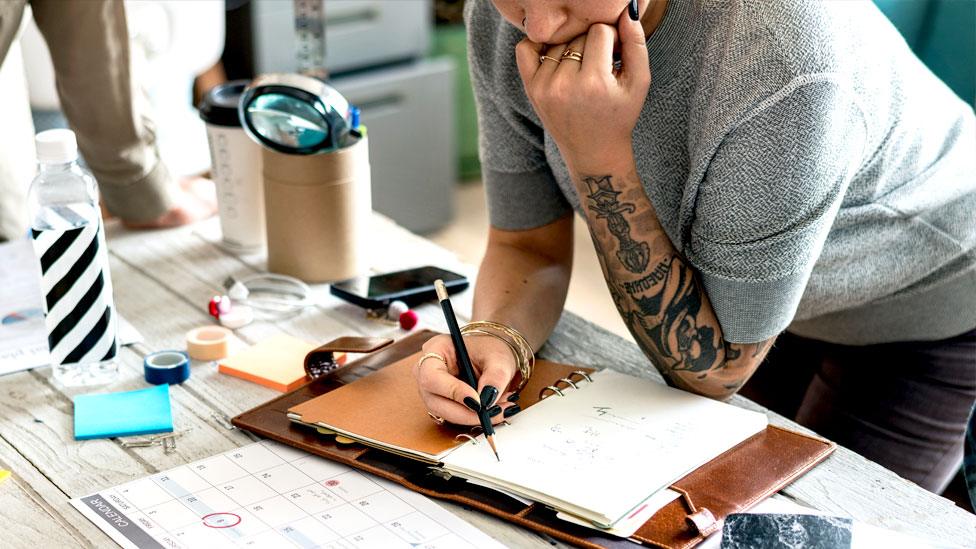
Self-employed workers facing financial difficulties as a result of coronavirus are set to be offered a package of support from the government.
Chancellor Rishi Sunak will unveil the measures later.
He set out plans for 80% wage subsidies for staff kept on by employers last week - and the PM has said he wants similar protection for freelancers.
However, Boris Johnson added he could not promise the UK would beat the virus "without any kind of hardship at all".
The total number of people in the UK to die with Covid-19, the disease caused by coronavirus, has reached 475.
Mr Sunak said last week that the government would cover wages of up to £2,500 a month for staff being kept on by their employer, as part of "unprecedented" measures to prevent workers being laid off.
The chancellor later said drawing up plans to help self-employed people had proved "incredibly complicated".
Dr Adam Marshall, director general of the British Chambers of Commerce, said: "For many people that have seen their businesses disappear in the blink of an eye, things like statutory sick pay or universal credit just isn't enough.
"It doesn't need to be perfect - we just need a system in place," he told the BBC's Today programme.
John Healey, a self-employed driving instructor from Lancashire, said: "We don't need a lot, we just need something.
"But by doing nothing, we just go to the wall, basically," he told the Today programme.
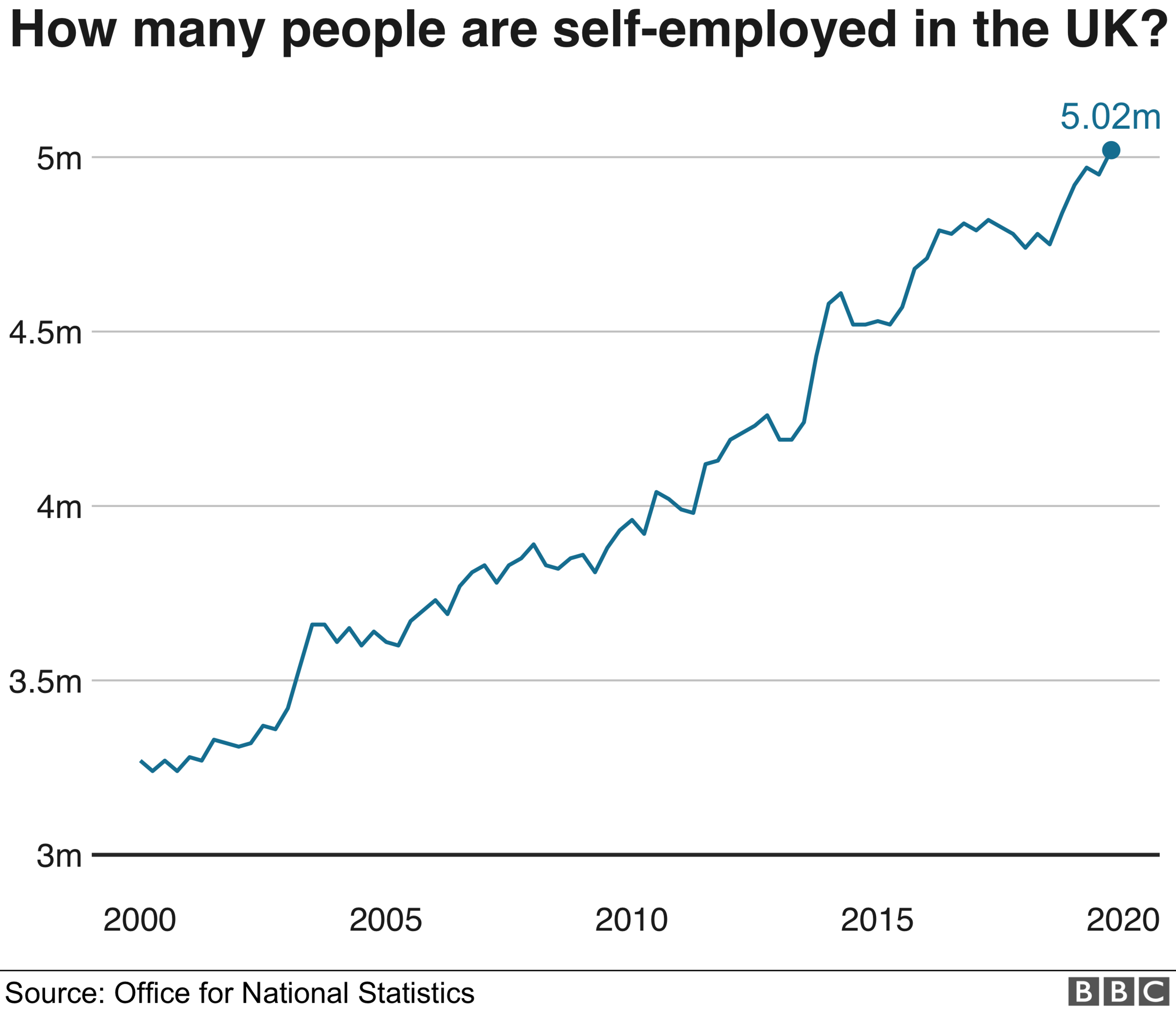
BBC business editor Simon Jack said calculating a support wage for the self-employed was so difficult because their income could be lumpy, irregular and intermittent.
Government sources said they had struggled to find a way to avoid paying people who do not need help.
Tory ex-health minister Steve Brine said government aid for self-employed people needed to be universal.
He told BBC Radio 4's World At One programme that "if it needs to be more universal than targeted, and if there is a challenge, if there's a problem, let's face it, HMRC are not adverse to clawing back".
Rishi Sunak: Government will "step in" to help pay staff members' wages
As Parliament shut down until 21 April at the earliest due to the escalating pandemic, Mr Johnson told MPs: "We will do whatever we can to support the self-employed, just as we are putting our arms around every single employed person in this country."
He said there were "particular difficulties" for freelancers who are not on Pay As You Earn (PAYE) schemes, but that he wanted to achieve "parity of support" across the workforce.

A SIMPLE GUIDE: What are the symptoms?
AVOIDING CONTACT: Should I self-isolate?
MAPS AND CHARTS: Visual guide to the outbreak

In the UK, more than 9,500 people have tested positive for the virus - although the actual number of cases is likely to be far higher.
The peak of demand for intensive care is expected to come in two to three weeks.
Chris Hopson of NHS Providers, which represents hospitals in England, said London hospital bosses were telling him they were already struggling with the high numbers of critically ill patients, likening the situation to a "continuous tsunami".
Their job was being complicated by staff sickness rates of up to 50% in some hospitals and a shortage of ventilators, he told the Today programme.
Prof Neil Ferguson, a key government adviser on the country's response, said he expected "a very difficult few weeks particularly in the hotspots", including London.
However, he said while the health service would be "particularly stressed, it won't break".
A 21-year-old woman from High Wycombe, Buckinghamshire, who died with the virus last week, had no underlying health conditions, her family said.
On Wednesday, it emerged that Prince Charles has been diagnosed with coronavirus. The 71-year-old, who is self-isolating at his Scottish home Birkhall in Aberdeenshire, has since received hundreds of messages from well-wishers and was working at his desk as usual, Clarence House said.
Buckingham Palace said the Queen last saw her son, the heir to the throne, on 12 March, but was "in good health".
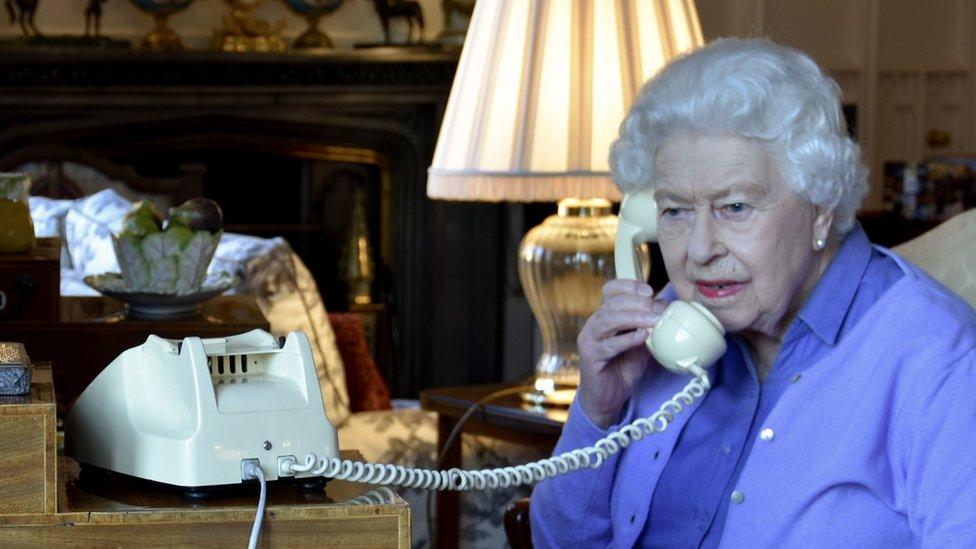
Buckingham Palace releases a photograph of the Queen speaking to the prime minister from Windsor Castle
Meanwhile the British Medical Association (BMA) has warned that doctors and patients will die without adequate protective equipment across the NHS.
The BMA said doctors were risking their lives due to a lack of personal protective equipment (PPE) - and said many health workers could go off sick unless urgent action is taken.
Health Minister Edward Argar said 24 million pairs of protective gloves and 13 million protective face masks had been delivered in "the last few days", while an extra 8,000 ventilators were expected to be available within two weeks.
In other developments:
Clarence House said Prince Charles was "enormously touched" by the hundreds of get-well messages he received following his positive test for coronavirus
The UK has become the largest contributor to the international coalition to find a coronavirus vaccine after donating £210m in new aid funding, Downing Street said
About 170 Britons stranded in Peru have returned to the UK on the first government-chartered flight
Police will introduce checkpoints in North Yorkshire to check drivers' journeys are essential
Number 10 insists the government is on course to test 10,000 people a day by the end of the week, despite testing just 6,643 on Wednesday
The government extends its target for volunteers to help the NHS to 750,000, after an "amazing" 560,000 people signed up since Tuesday, Downing Street says
Banks are criticised for insisting on personal guarantees to issue government-backed emergency loans to business owners
In Manchester, a second prisoner with coronavirus dies
The Isle of Wight and Download music festivals in June are cancelled
All NHS and social care staff will be given free car parking, the Department of Health says
Anxiety UK, which is extending its helpline opening hours to cope with rising demand, advises people to talk about their concerns, spend less time following the latest developments and find time to do things that distract them
Hundreds of engineers at Dyson are working around the clock to make 10,000 ventilators
In the US, the Senate has passed a $2tn (£1.7tn) disaster aid bill which includes $1,200 for most adults
Worldwide, there are more than 470,000 recorded infections, and more than 21,270 deaths
- Published24 March 2020
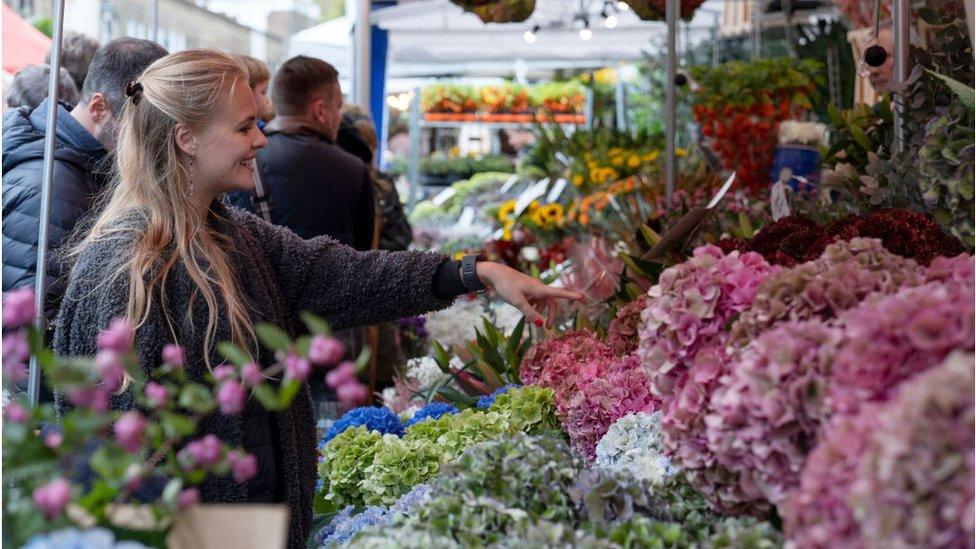
- Published20 March 2020
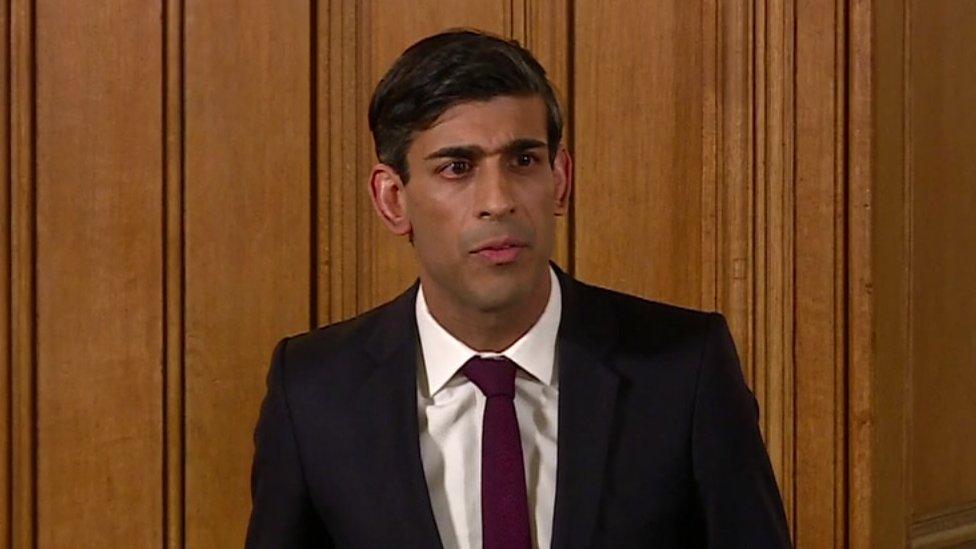
- Published26 March 2020
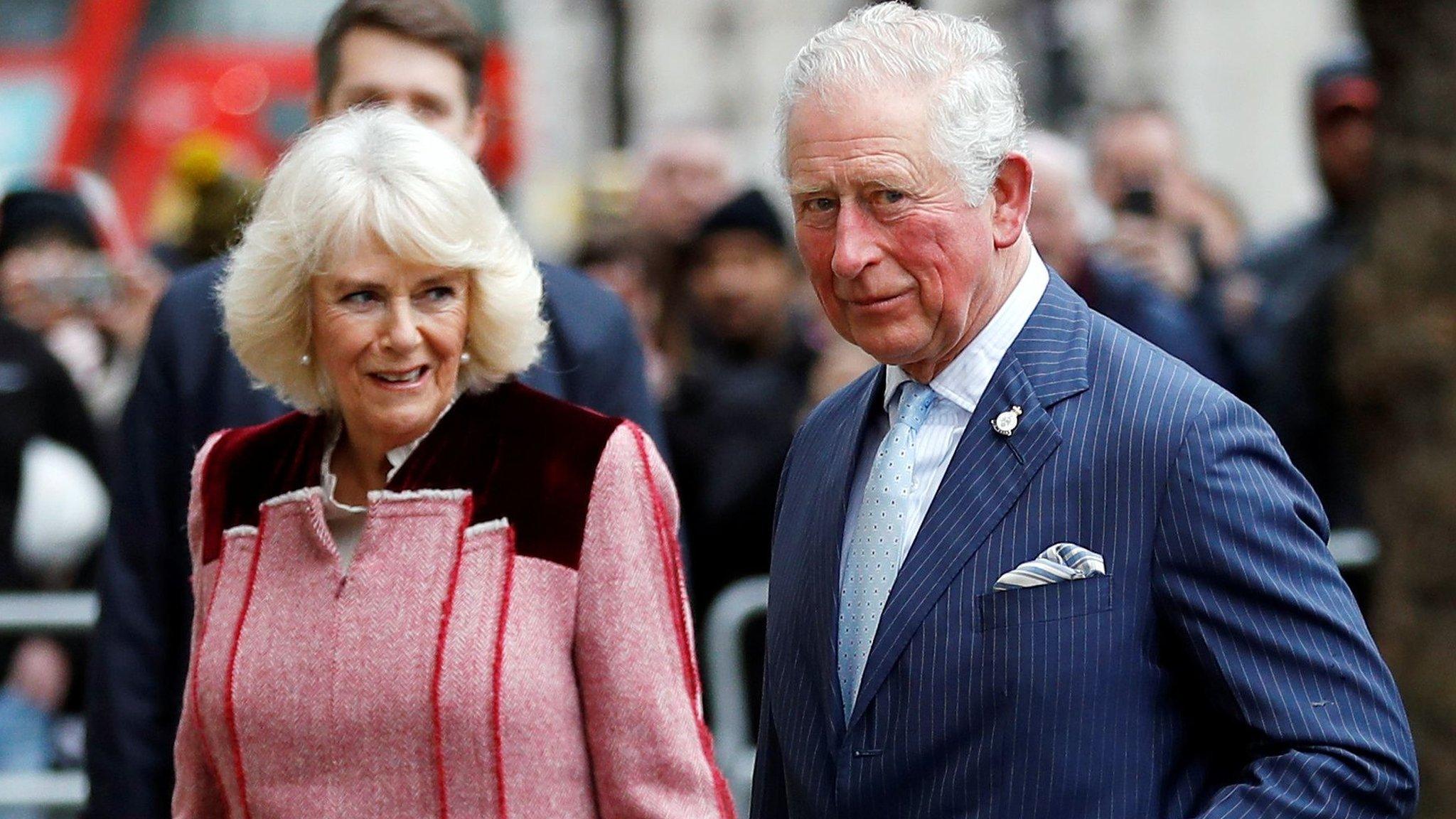
- Published26 March 2020
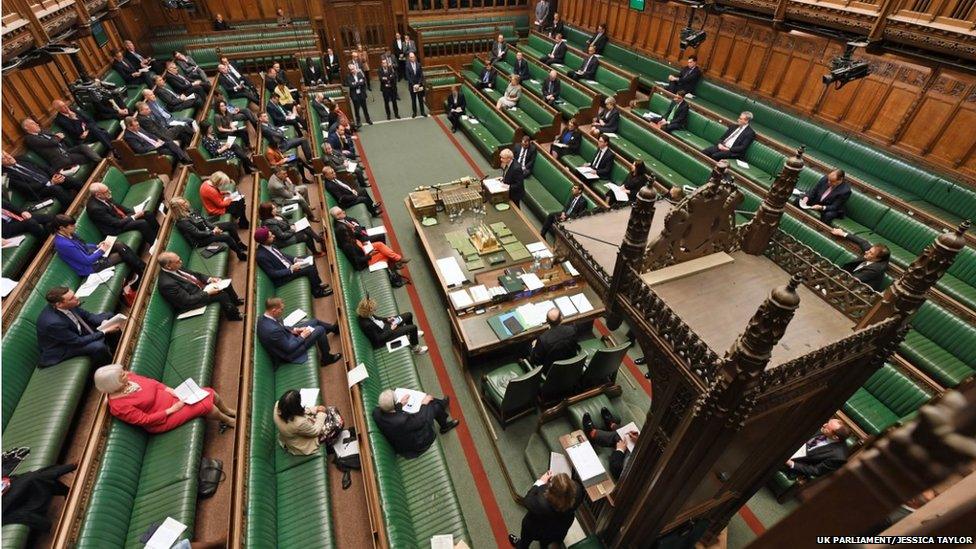
- Published24 March 2020
- Published25 March 2020
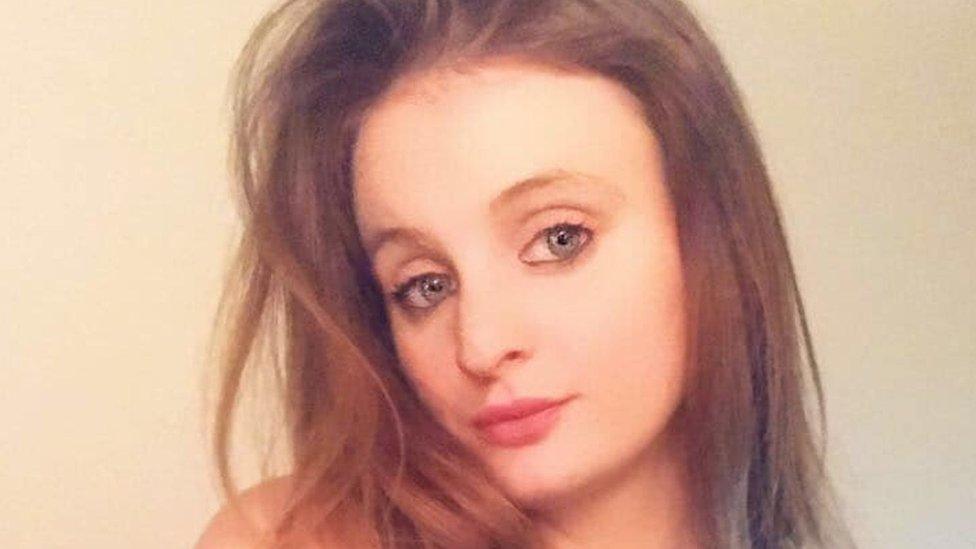
- Published26 March 2020
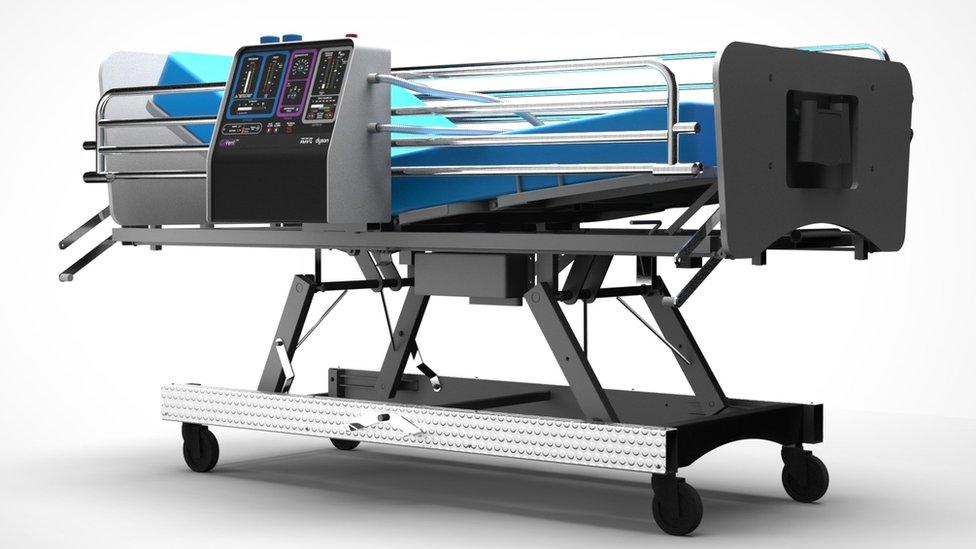
- Published24 March 2020
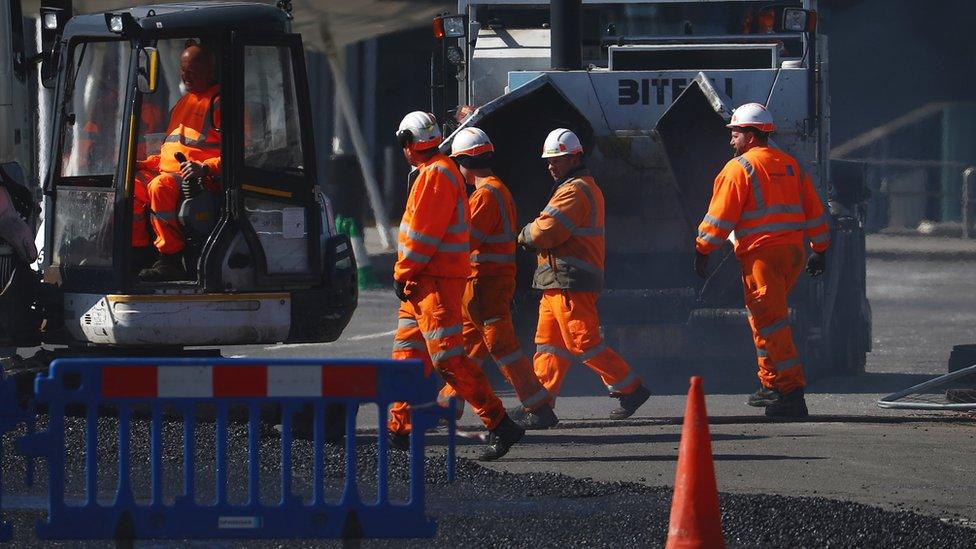
- Published25 March 2020
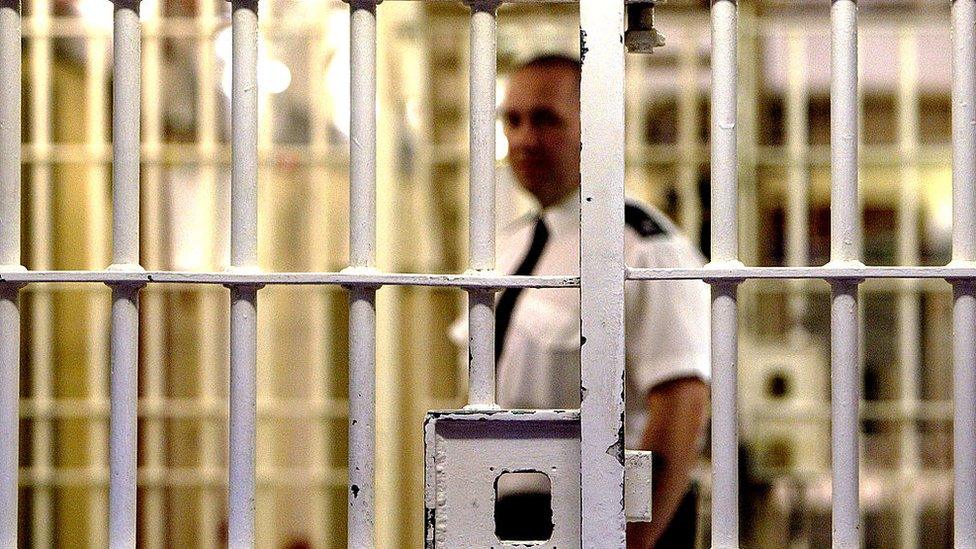
- Published5 July 2023

- Published23 March 2020
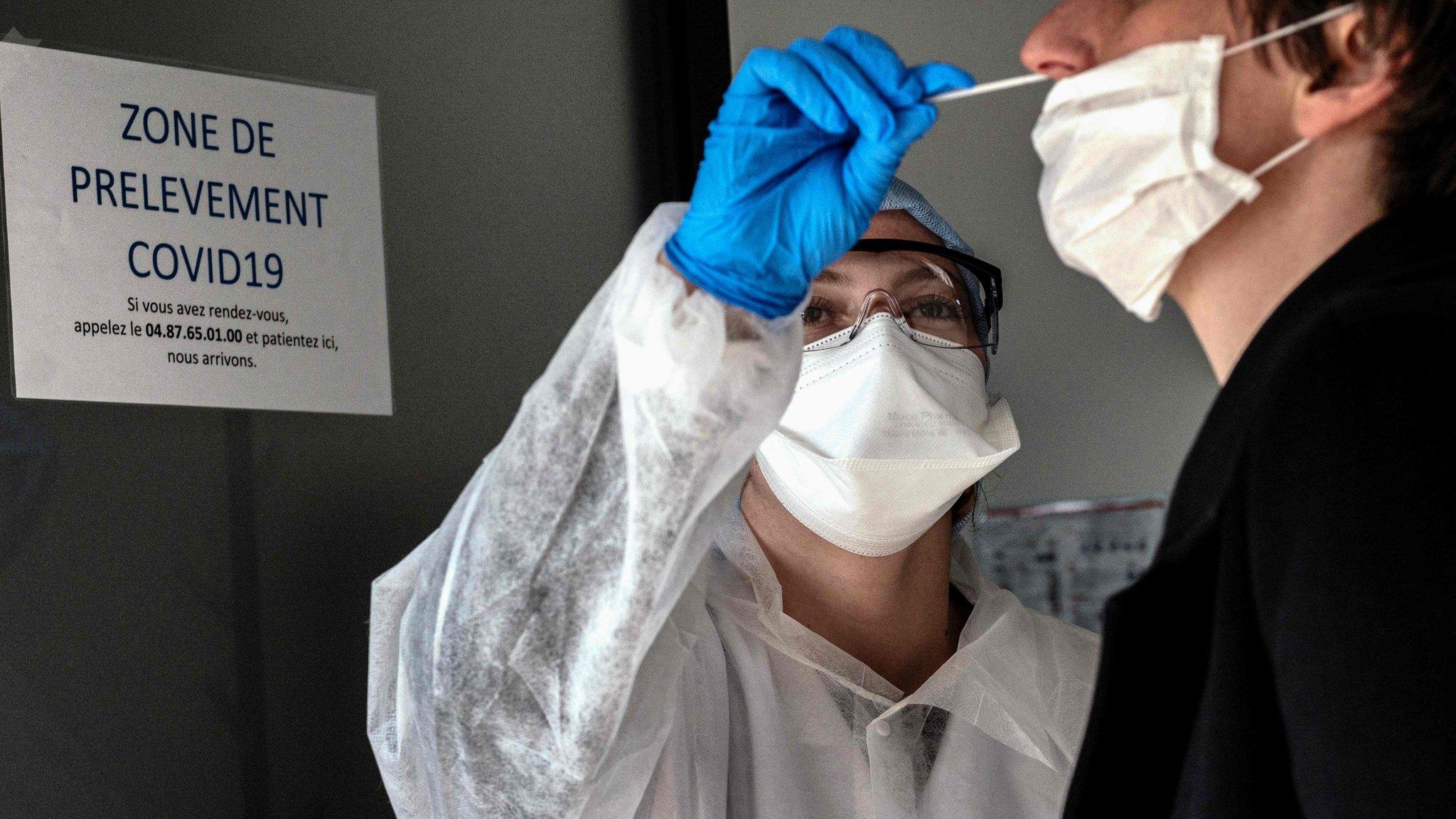
- Published24 March 2020
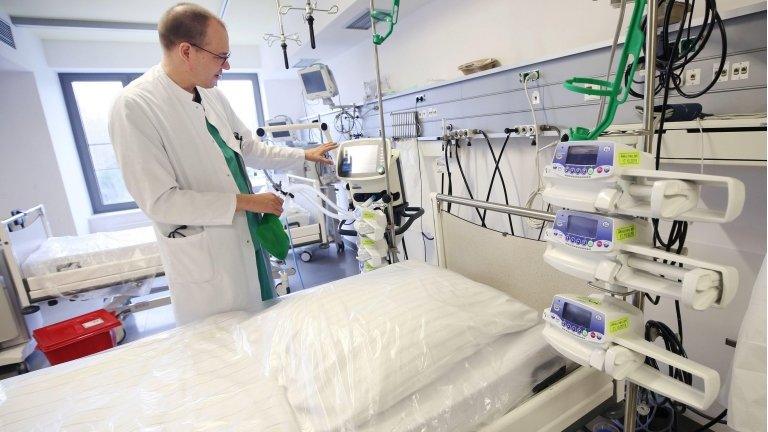
- Published25 March 2020
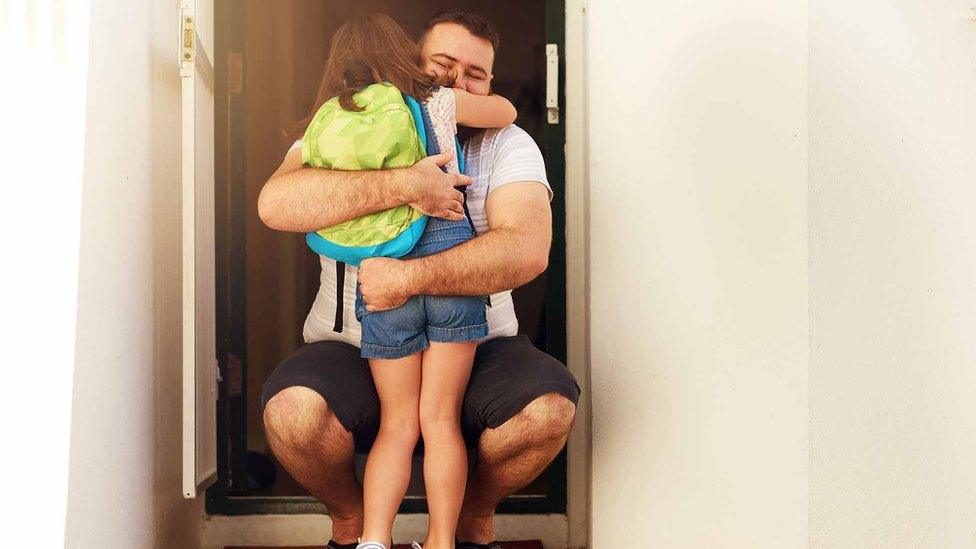
- Published24 March 2020
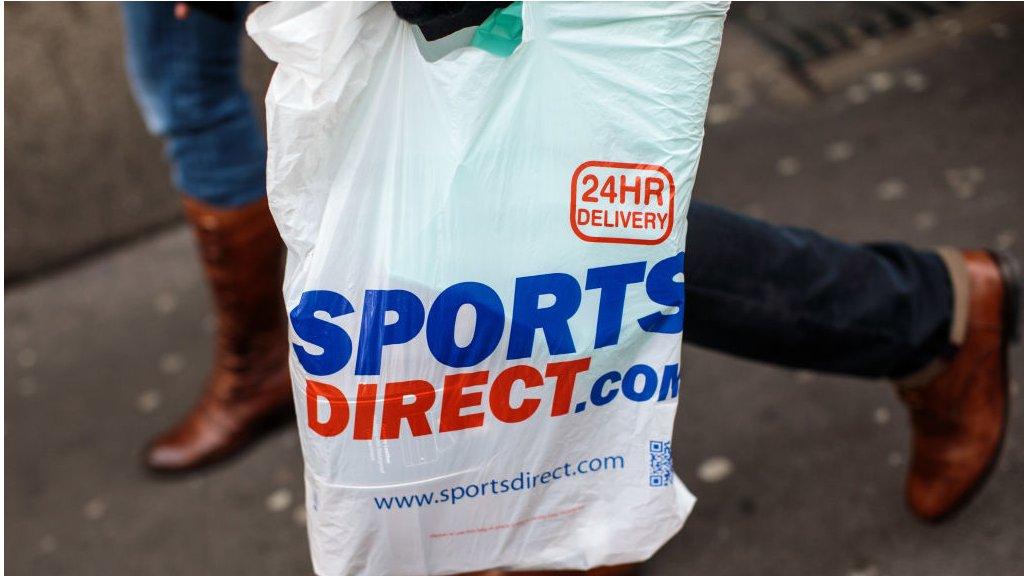
- Published23 March 2020

- Published25 March 2020
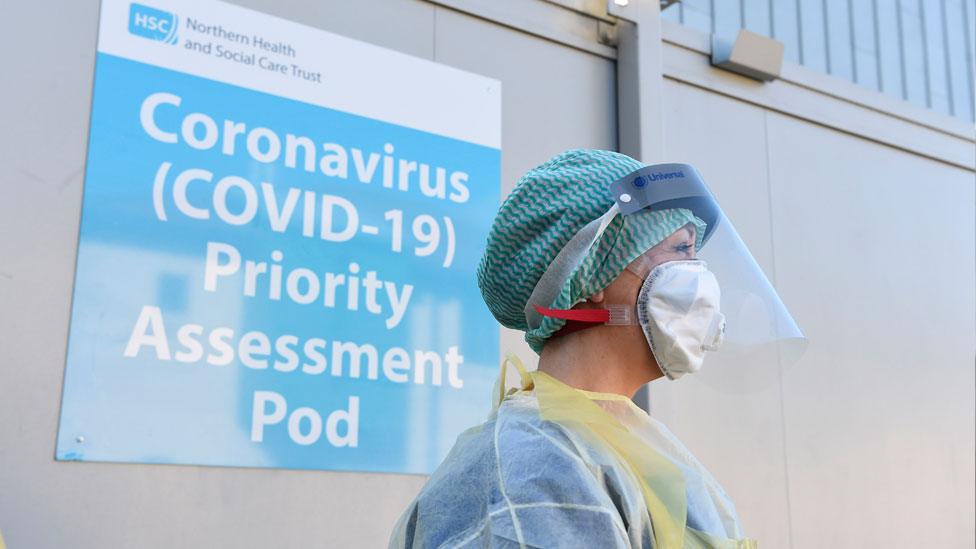
- Published6 October 2021

- Published21 March 2020
